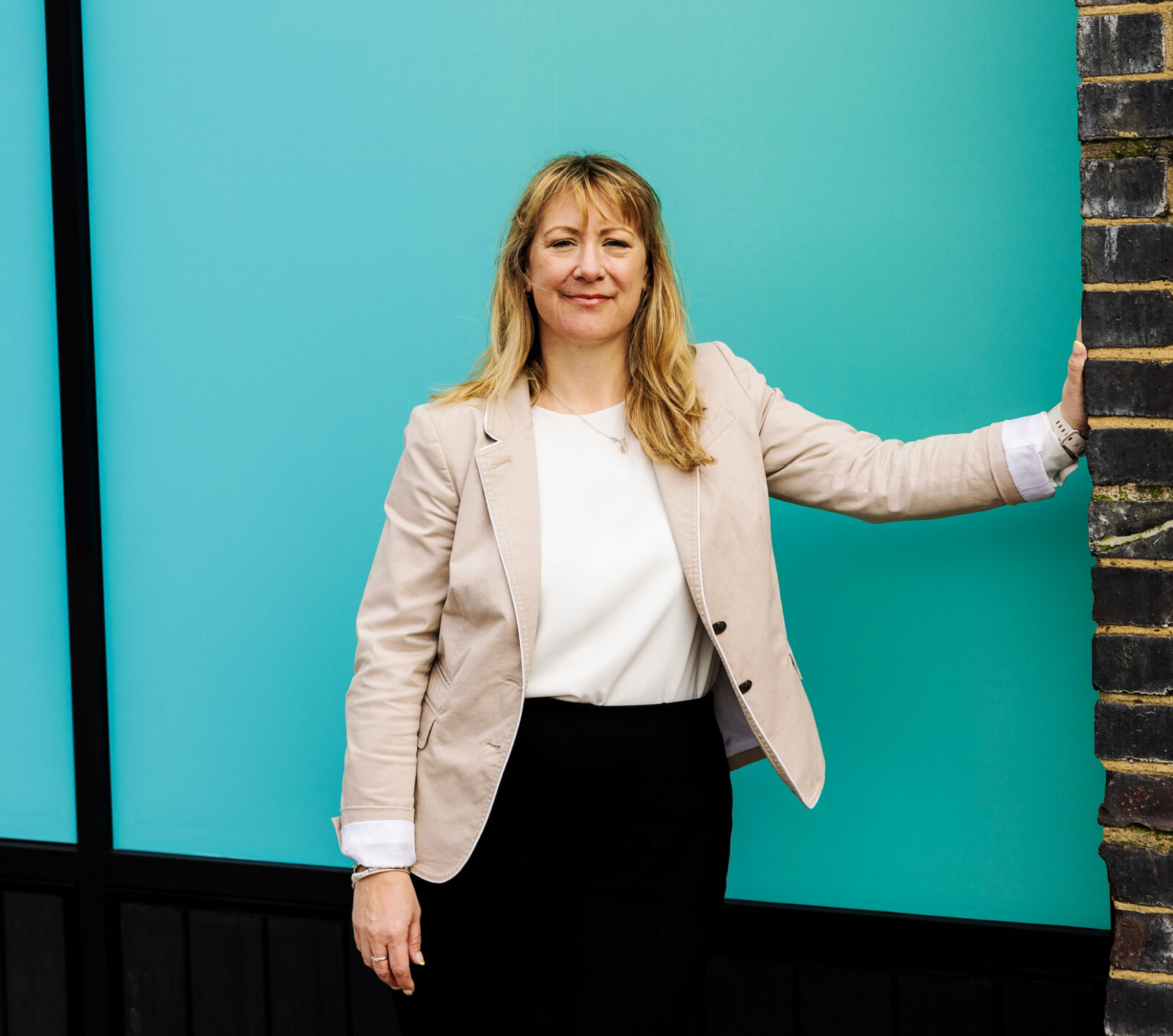The Birth of a Technophile
Emily’s passion for technology began early, growing up in the southeast of England in a home filled with cutting-edge gadgets.
»When nobody else had computers at home, we had these weird devices where you could play maze games,« Emily says.
Emily followed her curiosity, pursuing a business degree which included a year in industry at Sun Microsystems, now part of Oracle.
»It was a tech powerhouse. I remember receiving my first text message about meeting someone—it was so new at the time.«
After five years at Sun, she moved across various tech roles, including 12 years at Microsoft before joining Salesforce and Gartner. At Salesforce, Emily learned an important lesson: success isn’t just about technology—it’s about people.
»I was reminded of the 80/20 rule: 80% of success comes from people, only 20% from tech. Many businesses weren’t seeing the returns they expected because they were focusing too much on technology alone.«
This experience prompted her to seek out a company where she could take a more holistic approach to digital transformation. That’s when she found Netcompany.








